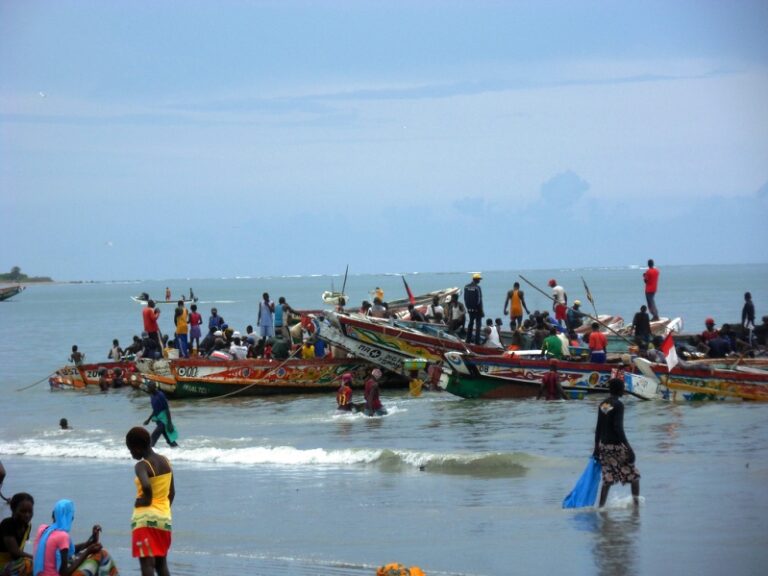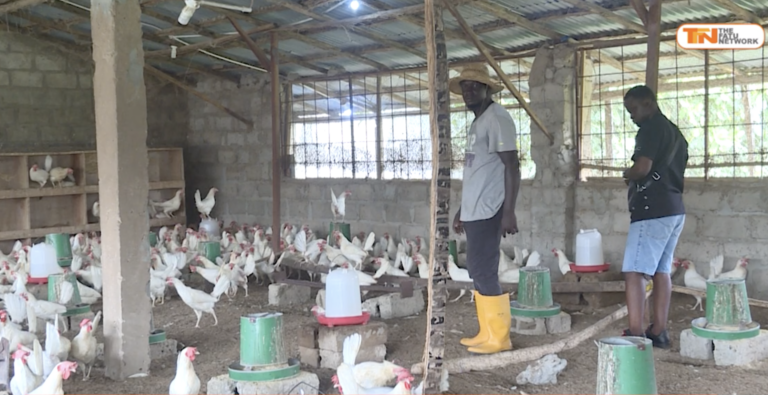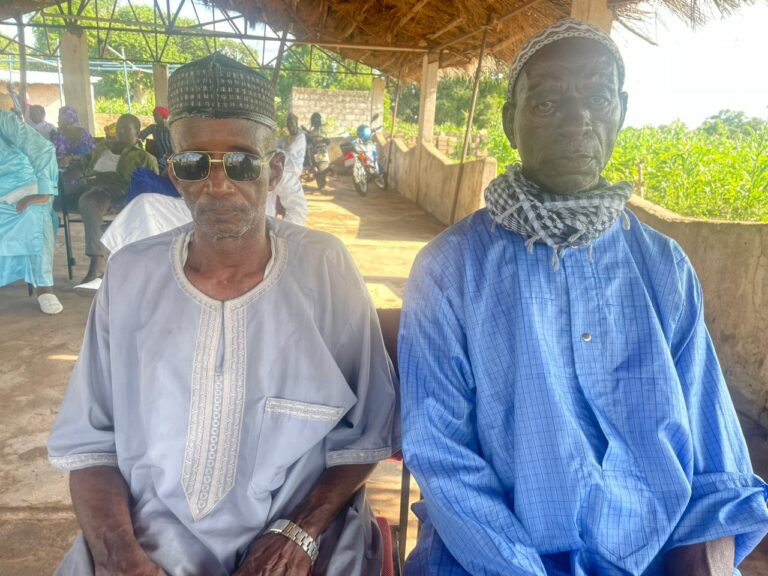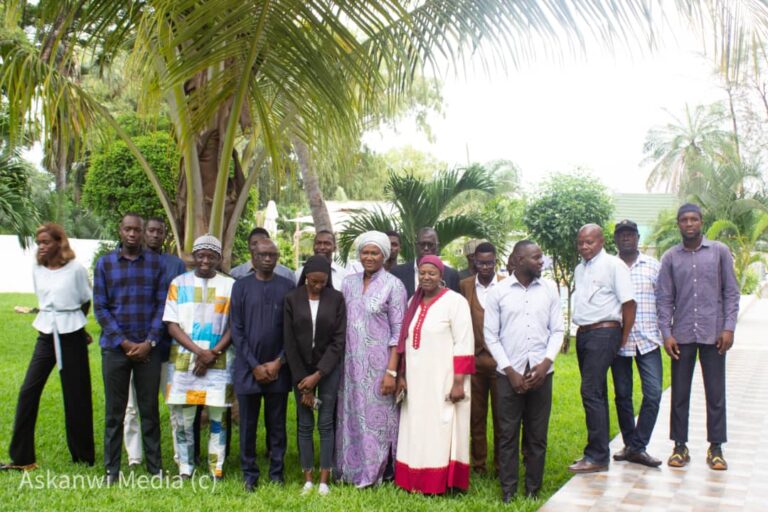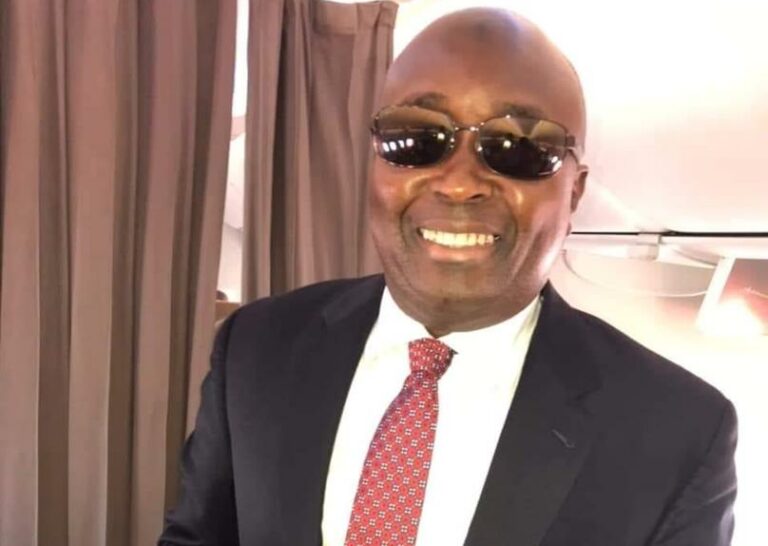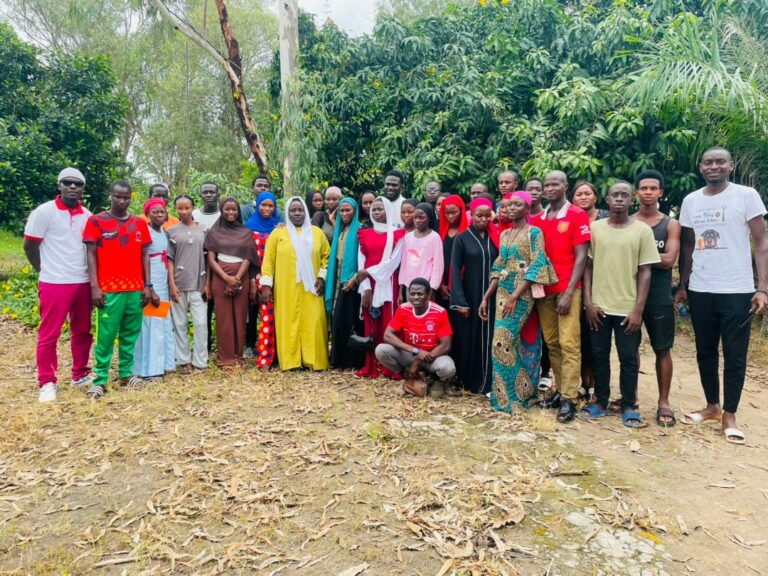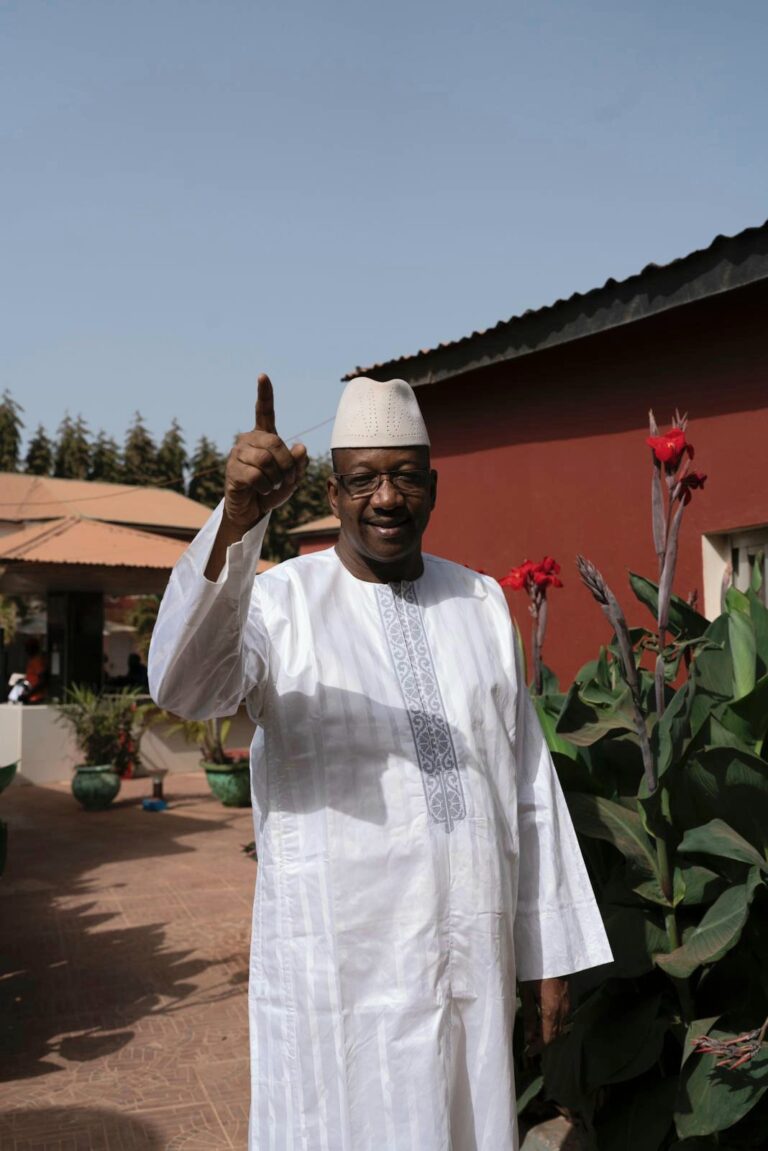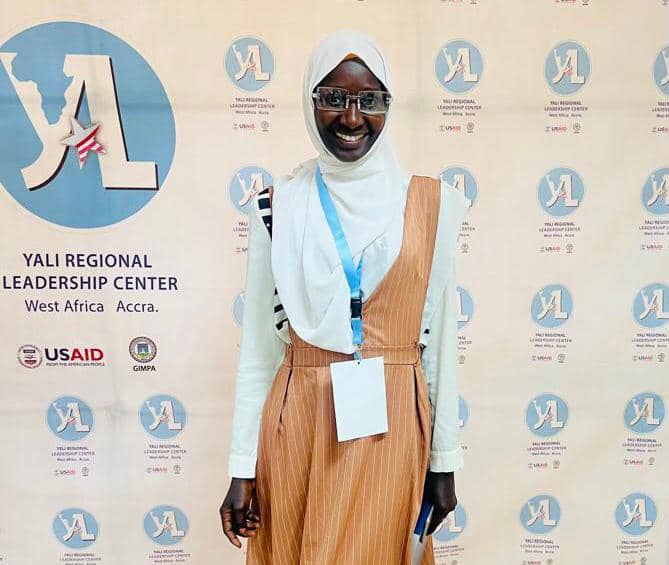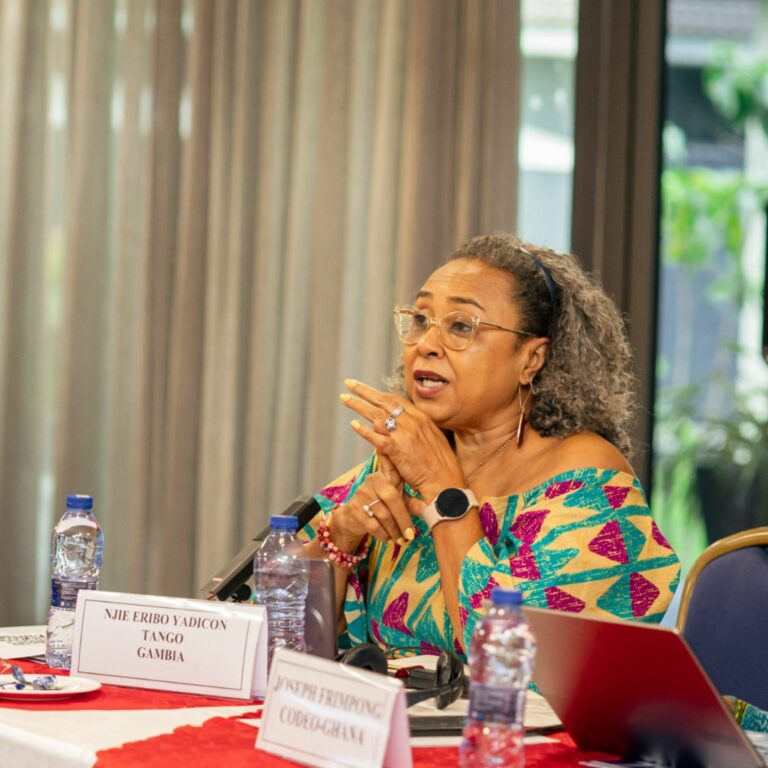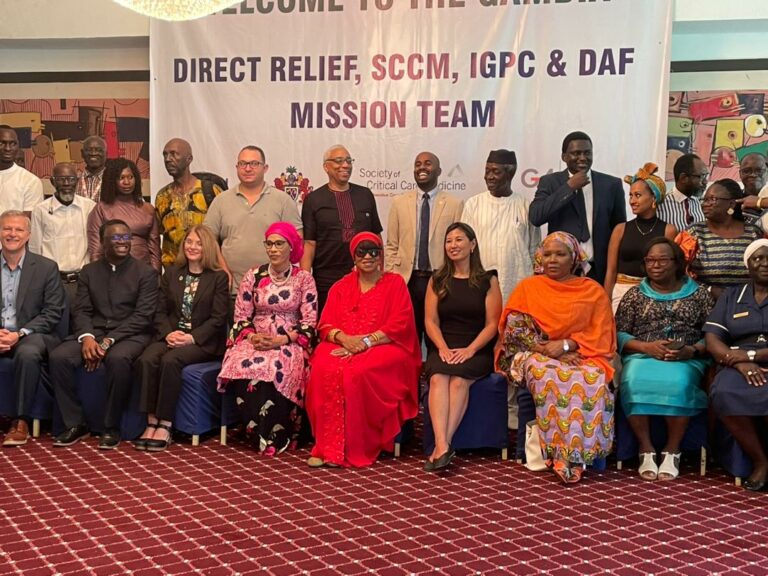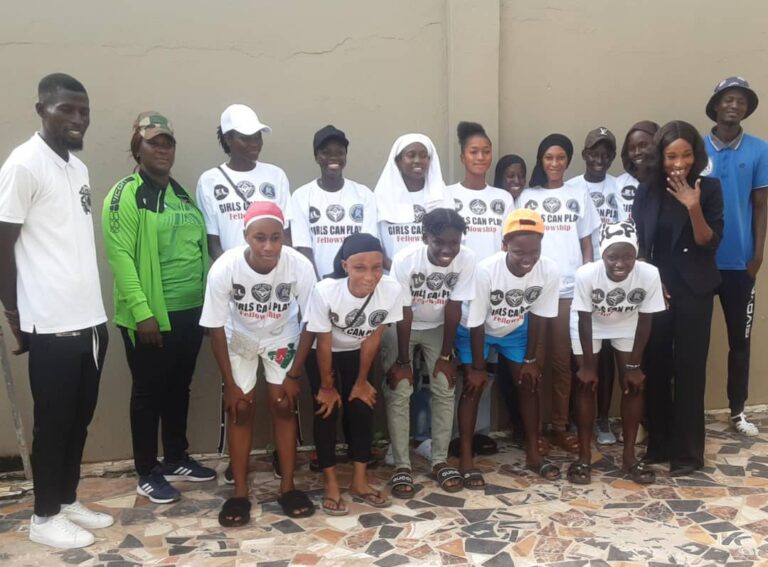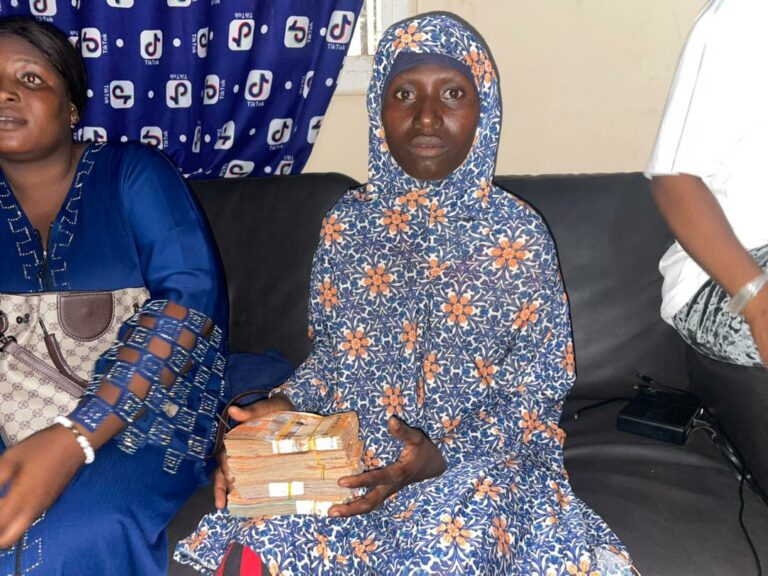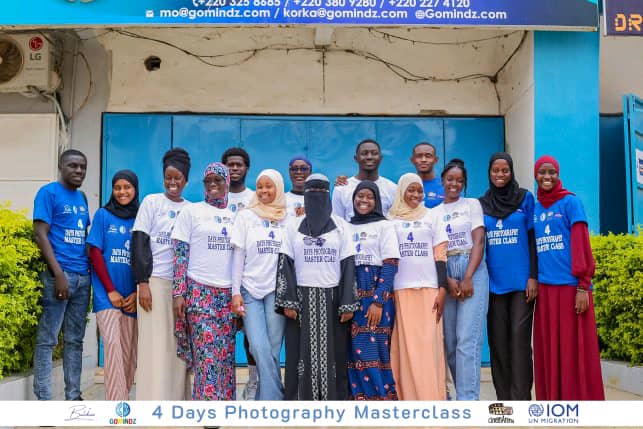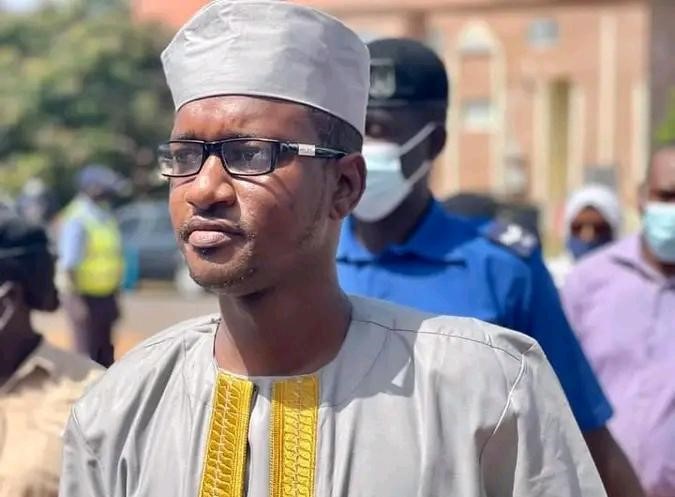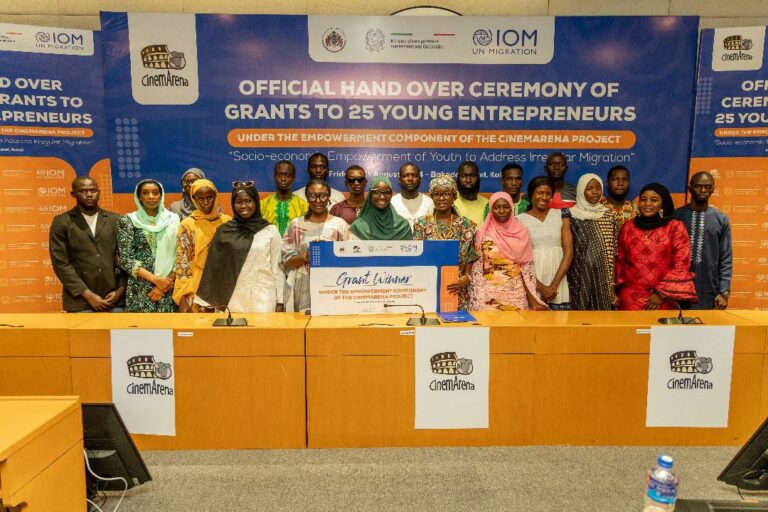By Mama A. Touray
In a visit to one of the busiest fishing sites in the country, Aramata Manneh, a fishmonger, blamed the presence of large fishing vessels in the sea as the cause of fish scarcity at the Tanji fish landing site.
Aramata, narrating the presence of the large fishing vessels operated by companies who have contracts with the government through the Ministry of Fisheries, explained, “The large vessels in the sea have disturbed our waters a lot because they cause the shortage of fish. The big vessels are always roaming in the sea and eventually breaking the rocks that the fish rest on.”
“Since the large vessels started roaming in the sea, from last year till this year, there has been continuous fish scarcity, and that is a very big challenge. Their fishing nets do not differentiate between big and small fish; they catch everything. If these large fishing vessels continue to operate here, there will come a time when there will be no fish in Tanji,” she lamented.
These vessels, she said, should be thoroughly investigated, noting that when they were young, there was adequate fish in Tanji compared to now, due to the presence of large vessels.
Assan Jallow, a member of the fish management committee, echoed the same sentiment as Aramata regarding the presence of the large fishing vessels. “We have lots of challenges, especially on our beach. It has reached a point where there is no fish, and one can see all the fish have fled because of the presence of the large fishing vessels in the sea.”
He explained further that the large vessels are not occupying the places designated for them. Instead, they abandon the areas allocated to them and come to where the small boats are and remove their hooks and nets.
“The boat owners leave their hooks and nets in the sea for another day, but the large vessel owners usually come and remove them or wait until night when they light only one light. When you see that, you think it’s a boat, but instead, it’s a large vessel. In the morning, they drag their nets and go with the fish, which is a very big challenge,” he lamented.

